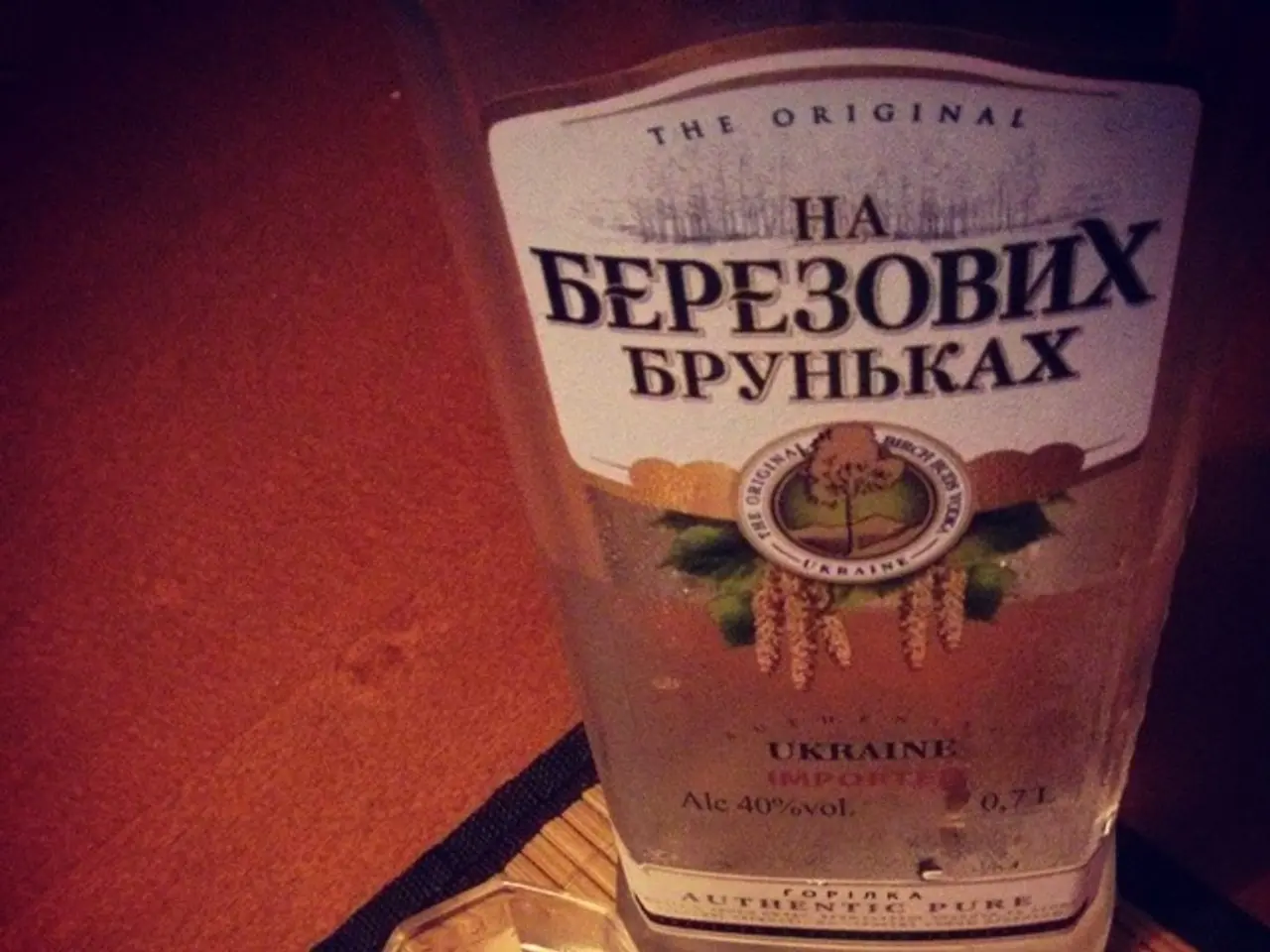Alcohol Use and Anxiety: Does One Lead to the Other?
Alcohol and Anxiety: A Complex Relationship
Alcohol and anxiety share a complex relationship that can have significant impacts on an individual's health and wellbeing. Here's a closer look at the connection between the two.
Firstly, it's important to understand that alcohol can trigger or worsen anxiety. This is because drinking can alter the chemistry of the brain, affecting the levels of chemicals like GABA, which normally have a relaxing effect, and serotonin, which influence mood. Heavier drinking can deplete GABA, causing more anxiety and panicky feelings.
Anxiety disorders, such as panic disorder and generalized anxiety disorder (GAD), can also be exacerbated by alcohol use. Panic disorder involves panic attacks or brief periods of intense fear that can cause physical symptoms like shaking and palpitations, along with a feeling of impending doom or being out of control. GAD, on the other hand, involves high amounts of fear or worry most days, for at least six months.
It's not uncommon for people with anxiety disorders to also struggle with substance use disorders, including alcohol use disorder. Using alcohol as a coping mechanism for anxiety can lead to dependence, especially in social settings.
It's important to note that alcohol doesn't lessen anxiety in the long term. In fact, chronic alcohol use can contribute to existing anxiety or lead to the development of an anxiety disorder. Alcohol-induced anxiety can last anywhere from 4 to 14 hours and may persist a full day after hangover symptoms start.
Symptoms of alcohol anxiety can accompany other withdrawal symptoms such as shaking hands, rapid heart rate, sweating, nausea and vomiting, and even hallucinations. The withdrawal period effects often ease 5 to 7 days after drinking ends, but alcohol anxiety may last throughout the entire withdrawal period, peaking 72 hours after the blood alcohol level drops.
For those struggling with alcohol-related anxiety, seeking help from a doctor, therapist, or support group can be beneficial. Learning about anxiety and trying to pinpoint what caused the situational anxiety at the moment can help manage alcohol-related anxiety. Deep breathing exercises or grounding exercises can also be effective tools for managing anxiety symptoms.
It's also worth noting that among individuals treated for alcohol misuse, approximately 37% experience comorbidity with other mental disorders, including anxiety disorders. Of people receiving treatment for alcohol use disorder, many also live with an anxiety disorder.
Finally, it's possible to have anxiety after drinking alcohol without having an anxiety disorder. Phobias, for example, involve a specific intense, or irrational fear. If you find that your anxiety symptoms are persisting or becoming more frequent after drinking, it's important to seek help from a healthcare professional.
In conclusion, the relationship between alcohol and anxiety is complex and can have serious consequences for an individual's health and wellbeing. If you're struggling with alcohol-related anxiety, it's essential to seek help and support from a healthcare professional to manage your symptoms and improve your overall quality of life.
Read also:
- Peptide YY (PYY): Exploring its Role in Appetite Suppression, Intestinal Health, and Cognitive Links
- Toddler Health: Rotavirus Signs, Origins, and Potential Complications
- Digestive issues and heart discomfort: Root causes and associated health conditions
- House Infernos: Deadly Hazards Surpassing the Flames








